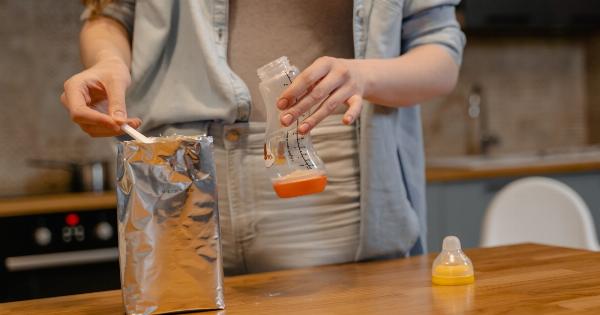Separation can be a difficult and challenging experience for anyone involved. Whether it’s a breakup of a long-term relationship or a divorce, the road to recovery can often feel overwhelming.
However, it’s important to remember that healing and moving forward is possible. Here are some important steps to take on the road to recovery after separation.
1. Allow Yourself to Grieve
Separation can bring about a range of emotions such as sadness, anger, and confusion. It’s essential to give yourself permission to grieve the loss of the relationship. Allow yourself to feel these emotions and process them in a healthy way.
Seek support from loved ones or even a therapist if needed.
2. Reflect and Accept
Take time to reflect on the relationship and accept the reality of the separation. It’s important to acknowledge the reasons for the breakup and understand that it may ultimately be for the best.
This self-reflection can provide valuable insights and help you to grow as an individual.
3. Focus on Self-Care
During this time, prioritize self-care and self-love. Engage in activities that bring you joy, such as exercising, practicing mindfulness, or pursuing hobbies.
Take care of your physical and emotional well-being by getting enough sleep, eating nutritious meals, and seeking support from friends and family.
4. Build a Support System
Surround yourself with a strong support system of friends and family who can provide love, encouragement, and understanding. Joining support groups or seeking professional help from a therapist can also be incredibly beneficial.
Having a support system can help alleviate feelings of loneliness and provide a safe space for sharing your thoughts and emotions.
5. Set Boundaries
After a separation, it’s important to establish clear boundaries with your ex-partner. This may include limiting communication or having set guidelines for co-parenting, if applicable.
Setting boundaries can help create a sense of stability and prevent any further emotional distress.
6. Allow Yourself to Heal
Healing takes time, so be patient with yourself throughout the process. There may be days when you feel a surge of emotions, and that’s okay.
Give yourself permission to experience these feelings, but also remind yourself that healing is a continuous journey. Trust that time will help ease the pain and bring you closer to a place of acceptance and peace.
7. Rediscover Your Identity
Use this time as an opportunity to rediscover yourself and find your passions. Explore new interests, take up new hobbies, or revisit old ones. Reconnecting with your own identity can help you regain a sense of purpose and confidence.
8. Seek Professional Help if Needed
If you find yourself struggling to cope with the separation, don’t hesitate to seek professional help. A therapist or counselor can provide valuable guidance and support as you navigate through the challenges of recovery.
They can offer specific tools and strategies to help you heal and grow.
9. Forgive and Let Go
Forgiving your ex-partner and letting go of any resentment or anger is a crucial step towards your own healing. Remember that forgiveness is not about condoning their actions, but freeing yourself from the emotional burden.
Holding on to bitterness will only hinder your progress and prevent you from moving forward.
10. Embrace the Future
Finally, as you move forward on the road to recovery, embrace the future with hope and positivity. Use this experience as an opportunity for growth and self-discovery.
Believe in the possibility of finding love again and creating a brighter future for yourself.
Remember that everyone’s path to recovery is unique, and it’s okay to take things at your own pace. Be compassionate towards yourself and celebrate each small step forward on your journey to healing after separation.






























